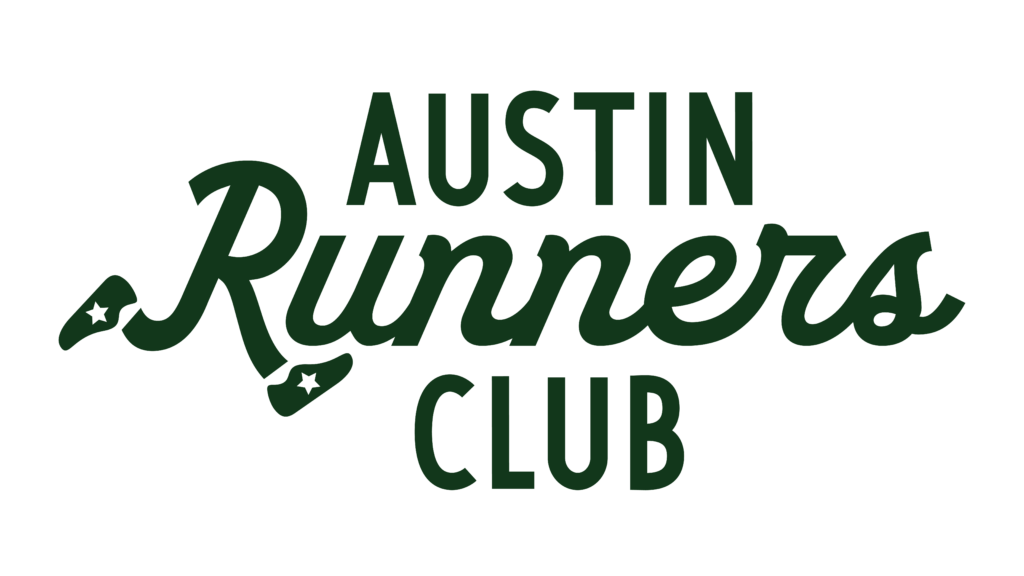Sleep Number is one of this years sponsors for the Distance Challenge, Daisy 5k, and Decker Challenge Half Marathon, and the IT by sleep number was actually designed for runners. It allows you to incorporate your workout times with you sleeping patterns. They have sent us some useful tips that you may want to consider.

Sleep and Running: Sleep is Training™
- Most of the benefits of a training program are realized during sleep. When you skimp on sleep, you skimp on your training. During peak training, runners need 8 or more hours of quality sleep.
- Repetitive motor functions (running!) are honed during a good night’s sleep. Sustained coordination and form factors are preserved.
- Your body produces the human growth hormone 24 hours a day. But 80% of it is released during the first few hours of deep sleep. Perfect your sleep habits and environment.
- Caffeine after noon interferes with sleep at bedtime. It takes up to seven hours for our bodies to metabolize just half the caffeine we consume. Deep sleep is particularly affected.
- Excessive alcohol interferes with REM (rapid eye movement) sleep, critical for optimal cognitive and emotional brain function.
- The tired brain impairs our “executive functions” including will-power, adherence to a training plan, workout discipline.
- Muscle mass, bone density and energy balance are directly influenced by the amount and quality of the sleep you get.
- Sleep deprivation increases the levels of evening cortisol. This interferes with workout recovery.
- Recovery from both workouts and injuries are enhanced with quality sleep.
- When physically tired, you tend to lose running form and mechanics which can quickly lead to injury. Repetitive stress is often a result of inadequate sleep.
- Insufficient sleep activates our body’s inflammatory systems which can limit flexibility and range of motion.
- When tired, our immune system is weakened. You’re 3 – 5 times likely to catch a cold or other airborne virus when sleep deprived.
- Sleep affects how the body stores and retrieves energy, especially crucial in runs over 90 minutes. Poor sleep diminishes glycogen levels, endurance and stamina. Miles 15 and beyond are tough.
- Workouts are inefficient when you’re tired. Your perception of exertion is distorted.
- Sleep enhances our mental readiness, resolve and emotional stability. Being well-rested diminishes race-day jitters and sharpens our race-day planning and strategy.
- Tired athletes tend to over-train due to lack of progression, often resulting in injuries. Sleep is preventive medicine.
- Your pain threshold is lowered when sleep deprived. Everything hurts more. And pain contributes to sleep deprivation—a viscous cycle.
- Research shows that an extra hour of sleep reduces pain perception equal to a low dose of codeine, an opioid narcotic. Sleep has no negative side effects.
- The hormones that regulate hunger, appetite and metabolism are highly sleep dependent. Sleep deprived people are always hungry and never satisfied with meals. Weight management suffers.
- Time your last meal to be at least two hours before bedtime. Digestion competes with sleep and usually wins.
- We sleep best when our body temperature is lowest. Avoid meals, strenuous workouts, caffeine, alcohol near bed time. All increase heartrate and core body temperature.
- Exposure to screens an hour before bedtime delays the production of melatonin, the hormone responsible for sleep initiation. Resist electronics in the bedroom. If you must, activate the “night modes” on your devices.
- Sleep quantity, quality and timing are equally important. Maintaining a consistent bed time and wake time seven days per week helps all our internal physiological systems to remain synchronized and efficient.
- Not all sleep is created equal. Just as junk food satisfies hunger without nutritional value, a night of junk sleep can leave you unrefreshed and tired the next day. Routines are important.
- Optimal sleep conditions: Cool (65 degrees), quiet (or mask unwanted noises with a fan or white noise generator) and pitch dark.
- Sleep derived from sleep aids is rarely as restorative as natural sleep. Always consult with your doctor, but most sleep issues are the result of poor sleep habits, routines and/or conditions—issues not solved with medications.
